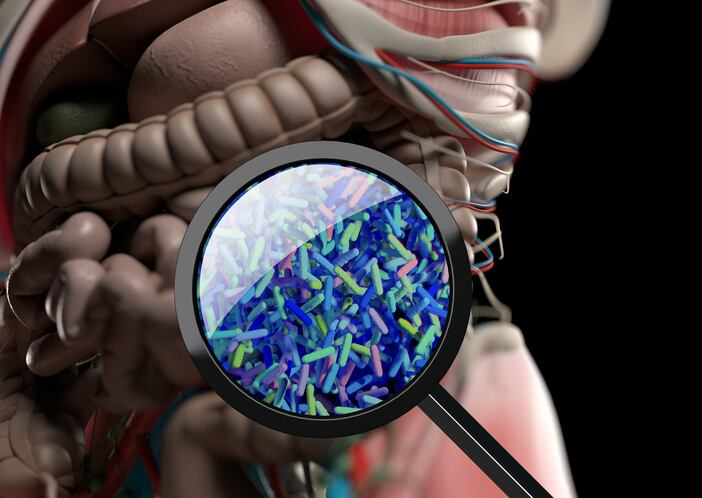Writing in Gut Microbiome, the reviewers note that the bacterium is a producer of butyrate, a short-chain fatty acid (SCFA) reported to have multiple health benefits, including for cognitive and mental health.
Specifically, Coprococcus eutactus “has the unique capacity to use two separate pathways for butyrate synthesis and has been found to be depleted in children with delayed language development and adults with Parkinson’s disease,” they wrote.
“The combined literature on Coprococcus and the gut microbiota–brain axis points towards enhanced butyrate production and reduced colonisation of pathogenic clades as factors explaining its association with health effects,” wrote Fleur Notting, Walter Pirovano, and Remco Kort from the Vrije Universiteit Amsterdam, and Wilbert Sybesma from Microbiome Solutions GmbH.
Epi data
Dr Kort told NutraIngredients that currently there is no specific information at the strain level, because all of this is based on correlations with the gut microbiome.
“It is very difficult to establish causal effects,” he said. “Is the stimulation of Coprococcus leading to a specific (neurological) benefits? Which other bacteria in the gut community are essential for stimulation of Coprococcus growth? Can any other compounds apart from SCFA’s explain the beneficial effects of Coprococcus?”
C. eutactus is a Gram-positive, spore-forming bacterium. It is anaerobic, meaning it is very sensitive to oxygen. Previous studies have reported beneficial correlations with health, including a 2019 paper from scientists from Belgium that linked Coprococcus with higher quality of life indicators, a 2023 paper from Chinese scientists hailing the bacterial species as a “promising probiotic [to] ameliorate colitis”, and it was even implicated in our desire to exercise by boosting dopamine activity during a workout.
So, could this bacterium really be a promising probiotic candidate? Dr Kort told us that, from his experience, it is ‘easy’ to cultivate this bacterium in the lab if you have an anaerobic facility, but isolating the bacterium from feces is not so easy.
While researchers figure out the technical challenges associated with culturing the bacterium at scale, there are already opportunities for prebiotic interventions to boost resident levels of Coprococcus.
According to the review, vegans exhibit higher Coprococcus levels than people who eat a lot of meat, while fiber, galactooligosaccharides, and omega-3 fatty acids have also been reported to increase Coprococcus levels.
Researchers from DSM (now dsm-firmenich) reported in a 2021 paper in Gut Microbes that vitamin supplements can increase the abundance of Coprococcus spp. Vitamins C and D and riboflavin (vitamin B2) were linked to increased Coprococcus abundance. The company also filed a patent application on this very topic earlier this year in multiple countries (Method of Increasing the Population of Coprococcus spp. in the gut microbiome).
Butyrate
The benefits of the bacterium appear linked to its production of butyrate. Dr Kort and his fellow reviewers noted: “C. eutactus significantly contributes to the pool of intestinal butyrate, listed at the fourth position in butyrate producers in the microbiota community, regarding the dominant metabolic butyrate pathway, the acetyl-CoA pathway. Faecalibacterium prausnitzii, Ruminococcaceae, and Eubacterium rectale were positioned at numbers 1, 2, and 3, respectively.”
“Coprococcus abundance can be rapidly increased by supplementation, as well as by probiotic administration, paving the way for Coprococcus-mediated nutritional interventions to prevent or alleviate intestinal or neuropsychological disorders,” they wrote.
“The Coprococcus genus shows promise as a biomarker of gut-brain health, but future research should be aimed at characterizing the host environment and microbial communities in which Coprococcus spp. thrive and function and evaluating the effects of Coprococcus-targeted interventions.”
Source: Gut Microbiome
2023, Volume 4, e16, doi: 10.1017/gmb.2023.14
“The butyrate-producing and spore-forming bacterial genus Coprococcus as a potential biomarker for neurological disorders”
Authors: F. Notting, W. Pirovano, W. Sybesma, and R. Kort





